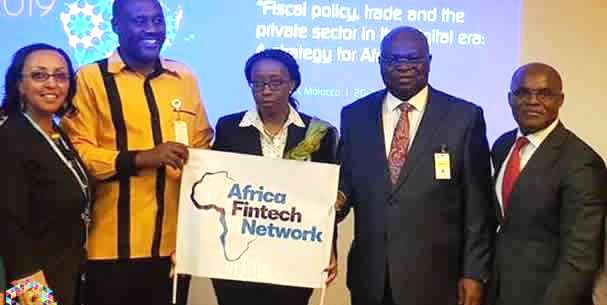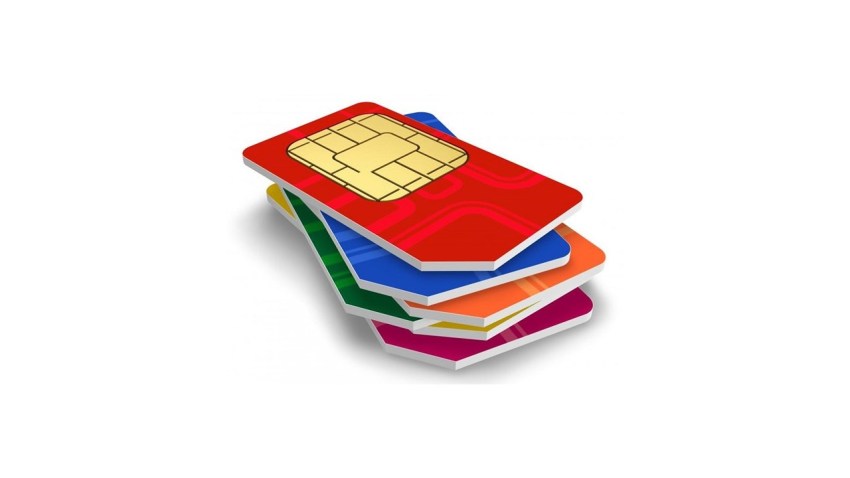Managing Director/CEO of leading financial technology company and Xpress Payment Solutions Limited, Oluwadare Owolabi has linked the serious drop in the original speed of financial technology penetration in Nigeria to four key factors.
In an interview, he said electronic payment business in Nigeria unlike other emerging economies in Africa, has been taken hostage by the challenges of four factors including weak digital financial education, persistent network failures, culture norms, insecurity.
On education, he revealed that there has not been marching review of academic curriculum to include latest innovations in financial technology as that is compounding efforts of digital financial services players penetrating fast with their products because both educated and uneducated are not well informed.
He also noted that majority of states and even cities across the federation are still very much without Internet facilities or broadband infrastructures which cause the challenge of wobbling services across all networks outside major cities of Lagos, Abuja, Kano, Port Harcourt and few others.
According to him, “Although, the porosity of Internet networks in Nigeria is hampering the quality of services being provided, some of our products are also to be downloaded. However, when the services are bad, customers grew and revenues are lost. This is not peculiar to us, it cuts across the industry. Beyond this, we are dealing with cultural conviction in different locales as customers will be naturally more trusting of people who are known to them than those who are not.”
On security issues and digital service infrastructures, Owolabi argued that the issue of insecurity, especially in some parts of the country would also serve as a hindrance to deepen financial inclusion, ‘‘no operator wants to deploy service in volatile areas, coupled with the fact that one is not sure of the return on investment.’’
On the issue of cultural norms and emerging changes in ways and manners of business transactions and payment systems, he said “In several parts of the country, cultural norms have continued to deny many businesses the gains of digital transactions as they still adopt face-to-face cash and goods/service exchange instead of transfer or even online purchases and home delivery.









